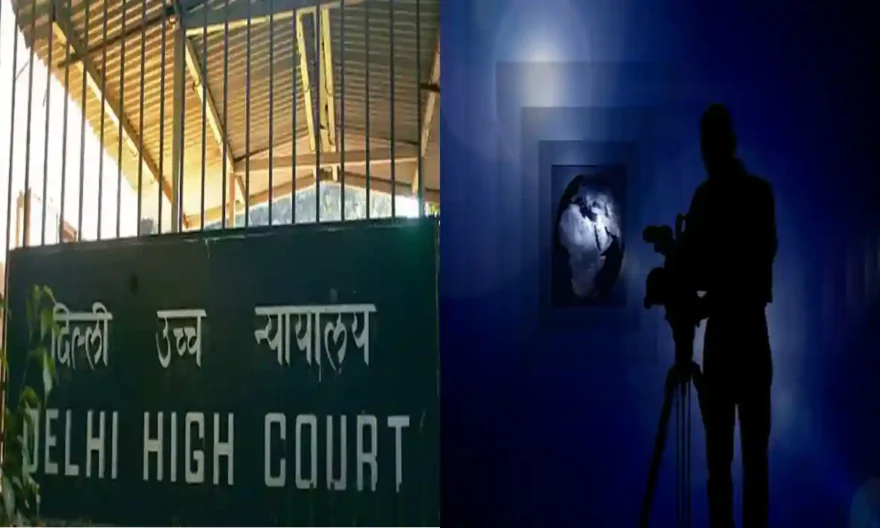
The Delhi High Court prohibited the unauthorised recording, sharing or dissemination of live streamed proceedings or archival data of proceedings.
The court announced the rules for live streaming and recording of court proceedings, saying, “It is expedient to set up infrastructure and framework to enable live streaming and recording of proceedings to instill greater transparency, inclusivity, and foster access to justice.”
On January 13, 2023, these rules were published in the official gazette.
The High Court defined live streaming as a live television link, webcast, audio-video transmission via electronic means, or other arrangements that allow anyone to view the proceedings as allowed by the rules. It stated that the court would have sole ownership of the recording and archival data.
The notified rules will apply to the High Court of Delhi, as well as the Courts and tribunals over which it has supervisory jurisdiction.
No one/entity (including print and electronic media, as well as social media platforms) shall record, share, or disseminate live streamed proceedings or archival data unless they are authorised.
According to the rules, this provision applies to all messaging applications. It stated that any person or entity who violates the rules will be prosecuted in accordance with the law.
Any unauthorised use of live streaming is punishable under the Indian Copyright Act, 1957, as well as contempt of court and other laws.
However, it has been stated that authorised recordings in their original form may be used to “disseminate news as well as for training, academic, and educational purposes.”
Additionally, it stated that “archival data” refers to audio and visual records made during the course of the proceedings and kept by the court.
These regulations stipulate that processes involving marital conflicts, adoption and child custody, and sexual offences Rape, gender-based violence against women, matters pertaining to the Protection of Children from Sexual Offenses Act (POCSO) and the Juvenile Justice (Care and Protection of Children) Act, 2015, medical termination of pregnancy, in-camera proceedings as defined by section 327 of the CrPC or 153B of the Code of Civil Procedure, 1908, recording of evidence, including cross-examination, matters that are inimical to the administration of justice, matters that are likely to violate law and order




